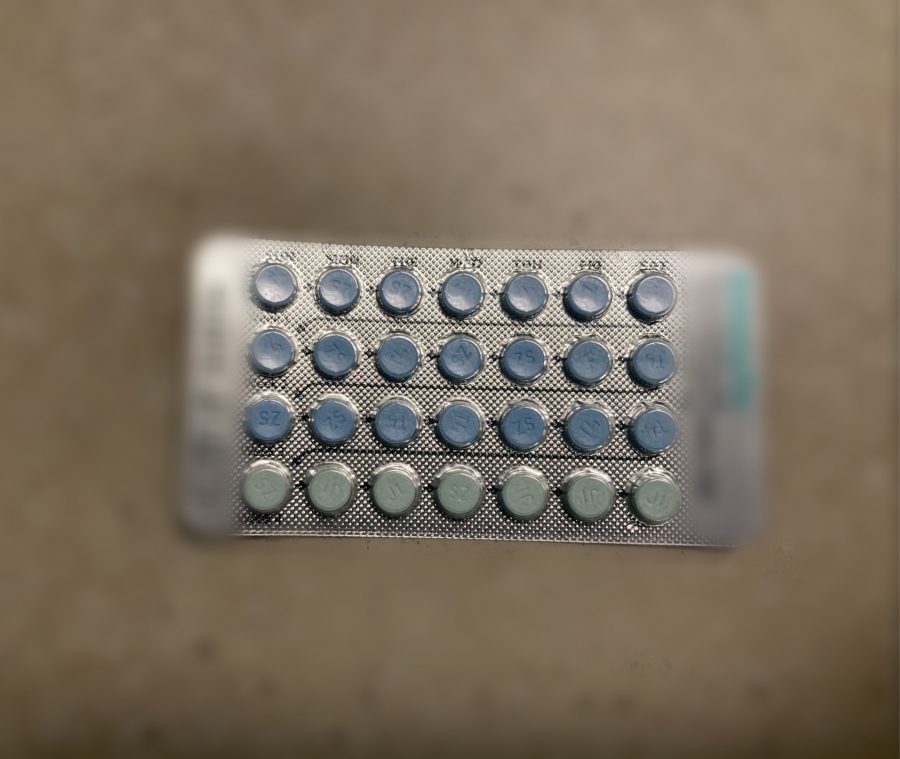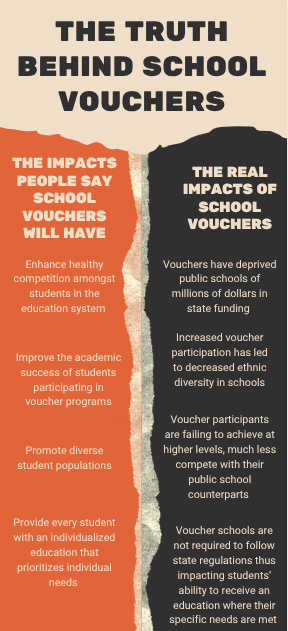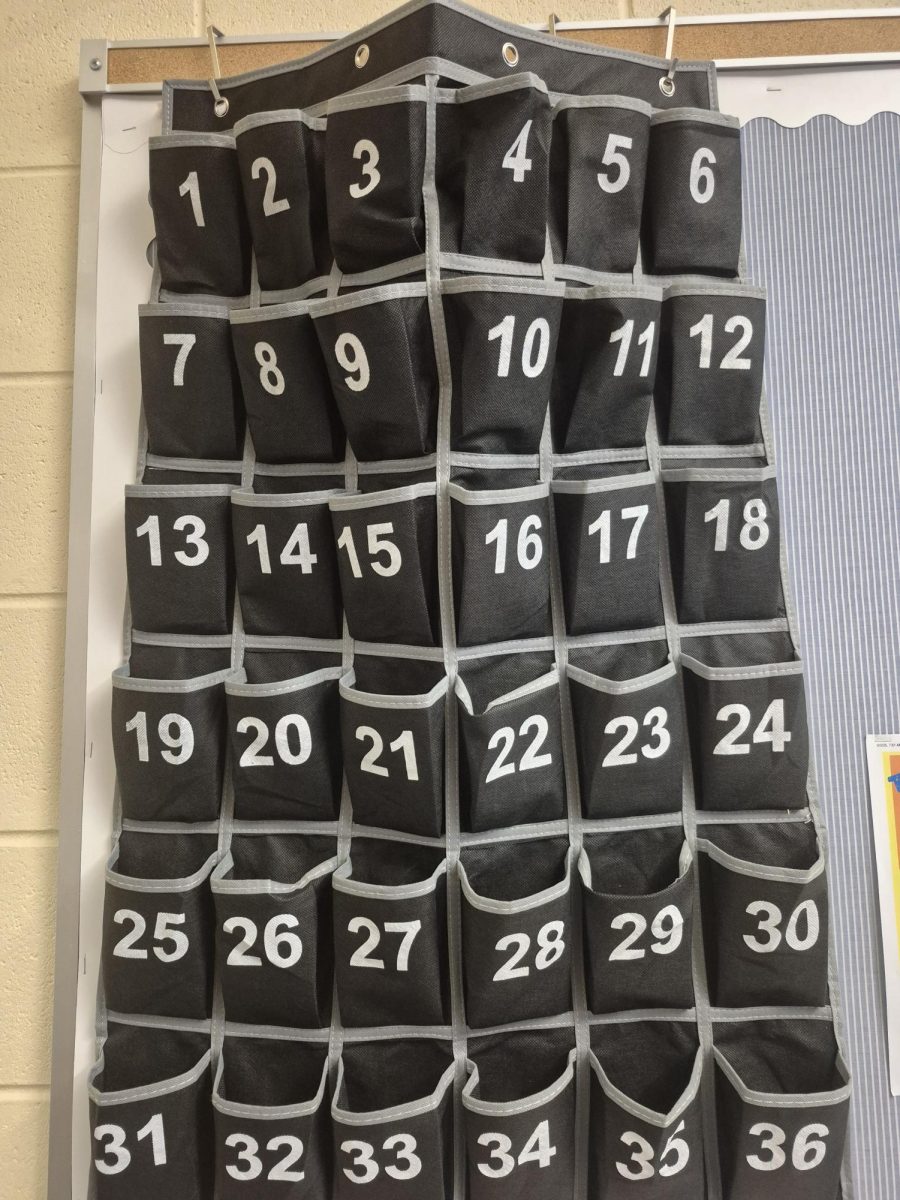I am in pain. My stomach is aching. I smell terrible. I sit up and see a bloodstain on my bed. Great. My favorite pair of sweatpants ruined. I glance at myself in the mirror. The greasy mess of my hair falls over my eyes and hides the dark bags underneath. It’s the first day of my period. The best week of the month.
Two weeks before I was thriving. Nothing could bring me down.
Then hormones.
I went to my favorite class, but I wanted to cry. I felt terrible. I hated myself. The logic part of my brain told me I was enough. But my emotions battered me until I was broken.
At lunch, I couldn’t stop shaking. My stomach hurt and I felt I wouldn’t keep lunch down.
The rest of the week was the same way. I ate only a few bites at dinner.
I cried myself to sleep every night. I was exhausted. I was too tired to do my schoolwork. I was too tired to even take care of myself.
A few days later, I woke to my sweatpants stained with blood.
I noticed a trend between my moods and periods. The week before my periods, I crashed. I would feel terrible. Usually, this feeling ended a few days into my period. What I experienced was premenstrual syndrome (PMS).
I talked to my counselor about what I noticed. She recommended I talk to my doctor about starting birth control.
I was worried to ask my parents about birth control. I didn’t want them to think I wanted birth control so I could be sexually active.
Luckily, my parents understood. However, many parents believe misconceptions about birth control.
The biggest misconception is birth control is only used by people who are sexually active. Kristin Douma, a wellness counselor at West Ottawa High School, says “Birth control can be really helpful for regulating moods or if students are having a lot of pain that’s affecting their quality of life and affecting their mental health.”
She recommends to people who have issues with their periods to see their doctor to determine how to treat their pain.
The Mayo Clinic estimated every three in four women experience PMS. Many women have symptoms that interrupt their daily life. Jr. Kayla Hintz also struggles with PMS. “Two days before my period I get very emotional. Like I cried about a happy song because it was so happy. And my temper is very short, especially with my family. I also get very nauseous.”
Other girls who would like to remain anonymous say they cry for no reason and are in lots of pain.
Family Nurse Practitioner Angela Leyrer recommends treatment based on individual symptoms of PMS. She recommends antidepressants for problems with mood and birth control for other symptoms.
When parents think that birth control is only used for contraception, Leyrer tells parents many girls use birth control for other reasons. “I bring up how my own daughter is on birth control for her periods. I also encourage families to have that discussion of their concerns about their daughters being on birth control,” said Leyrer.
The Ottawa County Health Department provides free birth control for contraception, and teens do not need parent permission. With this in mind, minors would have to talk with their parents about birth control if they needed for PMS.
I have been on birth control for about two months now. My period arrived at a predictable time. I was in no physical or mental pain leading up to and during my period. The week of my period went by smoothly.
Birth control is not just for contraception. It can improve quality of life drastically.













